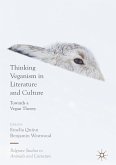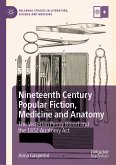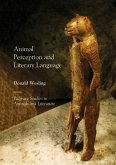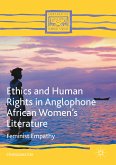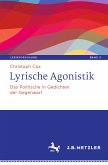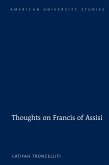A satisfactory account of the relation between external goods and well-being must accommodate both the insight that there is an essential connection between prosperity and the flourishing life and that there is a real sense in which e¿d䵿¿¿a is a self-sufficient concept. The «applied intellectualist» interpretation of eudaimonism defended here accommodates important insights of several ancient Greek traditions: Aristotle's account of human nature, specifically the role of external goods as necessary preconditions for leading a human life; Socratic and Stoic analysis that external goods are necessary constituents of moral action; and Plato's commitment to a criterion for judging the compatibility of external prosperity with a life of e¿d䵿¿¿a.
This text provides a comprehensive linguistic and ethical analysis of key terms and arguments across several centuries of ancient Greek ethical thought on this fascinating topic, making it an excellent foundation for an upper-division undergraduate seminar in ancient Greek ethics, virtue ethics, or applied ethics.
Dieser Download kann aus rechtlichen Gründen nur mit Rechnungsadresse in A, B, BG, CY, CZ, D, DK, EW, E, FIN, F, GR, HR, H, IRL, I, LT, L, LR, M, NL, PL, P, R, S, SLO, SK ausgeliefert werden.



